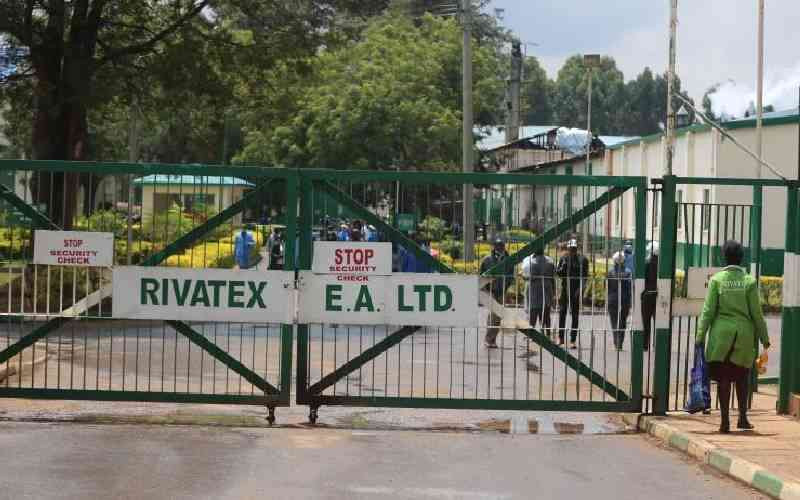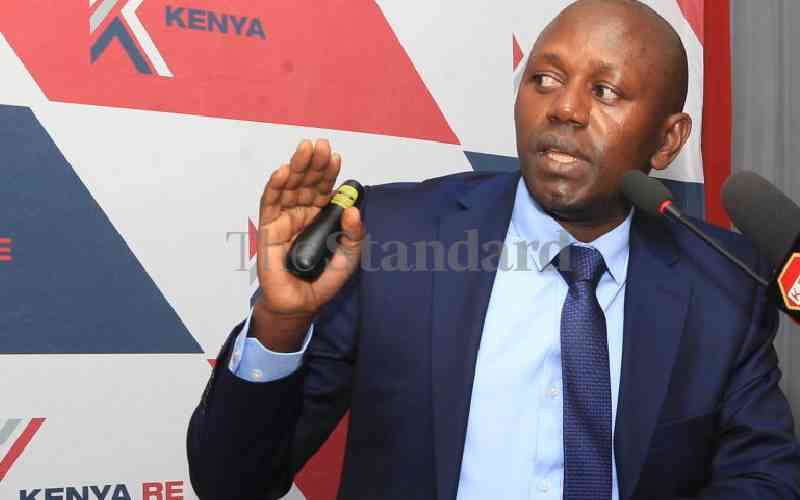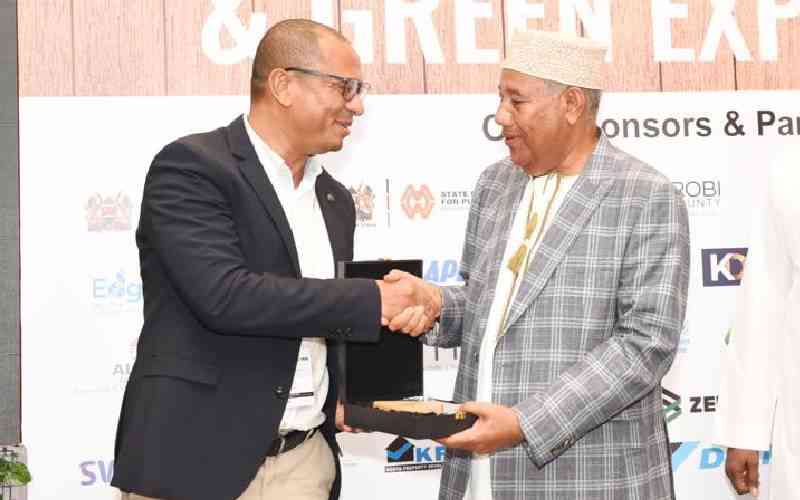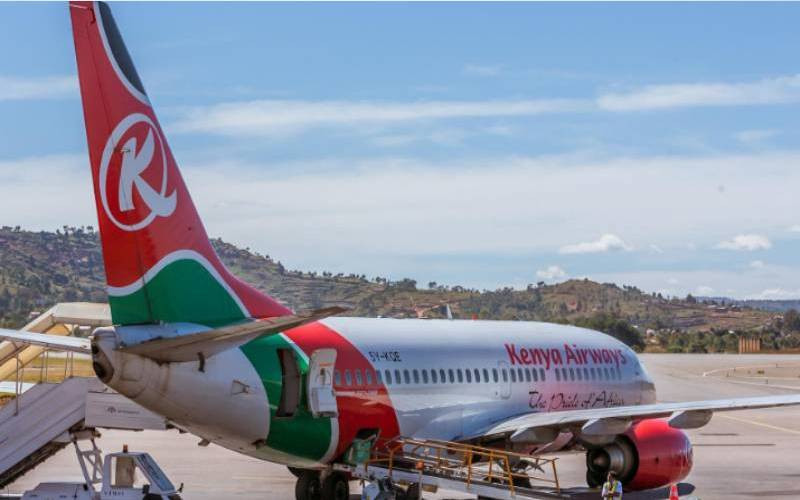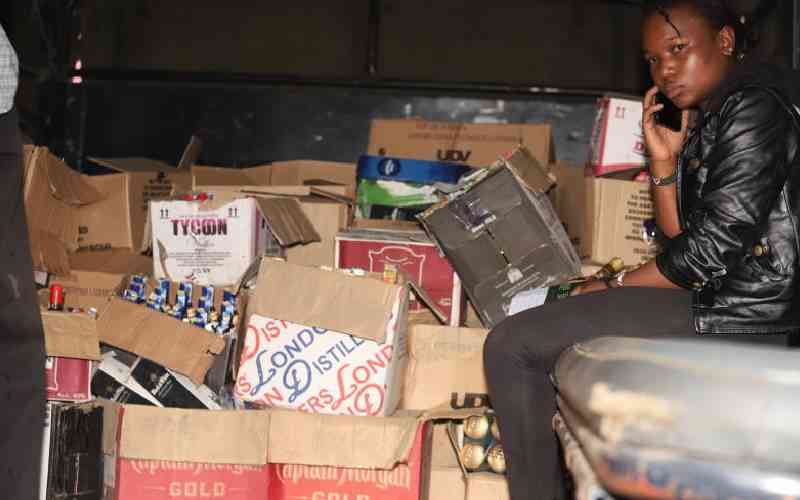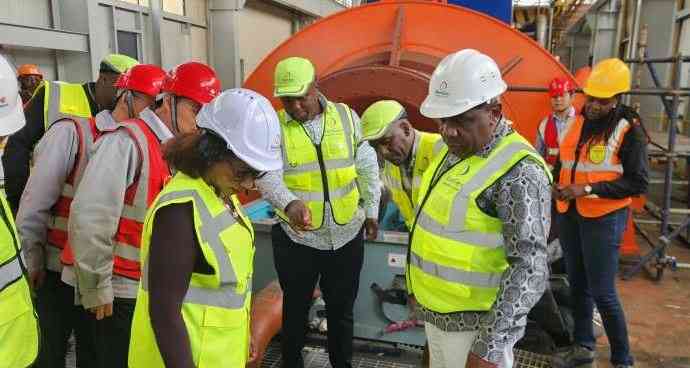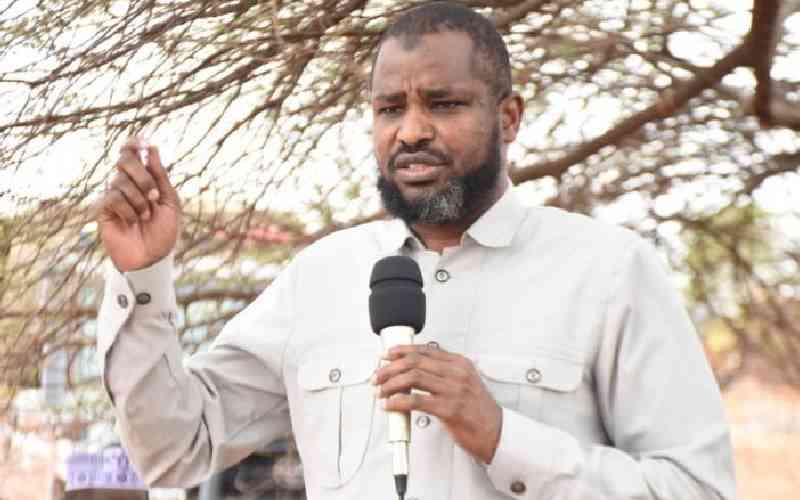
Wajir West Member of Parliament Farah Yussuf Mohamed has threatened to sue the government over its plan to compensate victims of police brutality.
The legislator in a protest letter on Thursday said the move to only compensate victims up to the year 2017, while excluding survivors of earlier atrocities such as the Wagalla Massacre of 1984 is ‘discriminatory and selective’.
In the hard-hitting letter dated September 29, 2025, addressed to President William Ruto and copied to former Prime Minister Raila Odinga, the MP accused the government of perpetuating injustice by deliberately sidelining historical victims from Northern Kenya who have suffered some of the country’s gravest human rights violations.
“The selective approach to justice offends the principles of equality, fairness, non-discrimination, and inclusivity as enshrined in the Constitution,” read part of the letter seen by The Standard.
“By limiting compensation to only those affected up to 2017, the government is deliberately excluding victims of earlier and more egregious violations, most notably the Wagalla Massacre of February 1984,” said Mr Farah.
He argued that reparations cannot be restricted to an arbitrary timeline, noting that suffering is not defined by dates.
“If the government proceeds with a framework that excludes Wagalla victims and others, we shall have no recourse but to move to Court to challenge the same on grounds of discrimination, inequality, and breach of constitutional rights under Articles 22, 23, and 258 of the Constitution,” he said.
READ: Wagalla massacre: Brave men and women who risked it all to save lives
According to him, the Wagalla Massacre remains one of the darkest stains in Kenya’s post-independence history.
On February 10, 1984, thousands of Somali Degodia civilians in Wajir were rounded up by the Kenya Army under the guise of investigating a rebellion.
What followed was a horror tales of men being detained at Wagalla Airstrip for days without food or water, many tortured, others executed.
Survivors said they were stripped naked, forced to lie on the tarmac under the scorching sun, and shot when they attempted to flee.
Stay informed. Subscribe to our newsletter
Eyewitnesses estimate that thousands perished, though the true death toll has never been officially established.
For decades, survivors and their families have demanded accountability. In 1992, the late President Mzee Moi promised compensation, but the pledge never materialised.
In 2015, then-President Uhuru Kenyatta issued a public apology on behalf of the state, yet reparations remain elusive.
The Truth, Justice and Reconciliation Commission (TJRC), established after the 2007–2008 post-election violence, confirmed the atrocities and recommended reparations for the survivors.
But successive governments have dragged their feet, leaving survivors trapped in a cycle of pain, neglect, and silence.
And in his letter, Farah cautions that by failing to address the Wagalla massacre and other historical injustices committed by the state, the government risks deepening inequality and undermining public confidence in its commitment to justice.
ALSO READ: Include us in the compensation panel, demo victims urge
“The Wagalla massacre is among the worst human rights abuses in Kenya’s post-independence history but demands of the victims have had little to no impact to successive governments,” the MP wrote, adding, “Excluding its victims only extends the cycle of silence and injustice.”
The MP in his demands called for the immediate expansion of the existing compensation framework for victims of police and state brutality to cover all affected individuals, without limiting eligibility based on when the violations occurred.
He said survivors of the massacre, along with other communities in Northern Kenya that suffered state-sponsored abuses must be expressly included in the forthcoming reparations programme.
According to him, any meaningful process must acknowledge and address the suffering of these long-neglected victims.
“There must be a clear public commitment from the President and the relevant ministries affirming that the reparations process will be transparent, inclusive and equitable,” he said.
He stressed that such an assurance is necessary to build confidence among survivors and signal the government’s sincerity in delivering justice.
Farah’s letter places President Ruto in a delicate position.
While on one hand his administration has pledged to pursue national healing and inclusivity, on the other hand, expanding compensation to cover historical injustices like Wagalla would require significant political will and financial resources in a period when the economy is under stra
